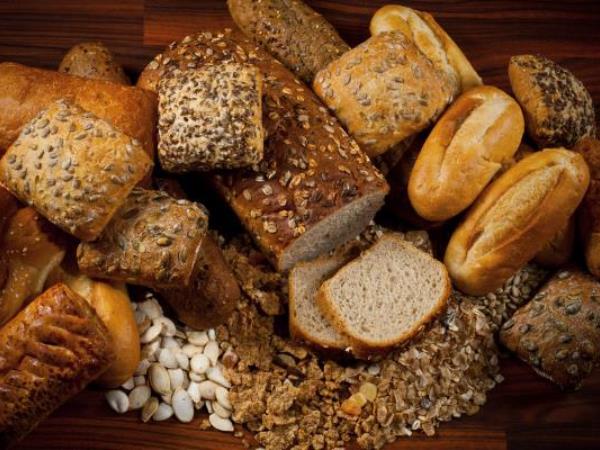- Oats: rich in beta-glucans, which help lower cholesterol.
- Brown rice: contains more fiber than white rice and helps maintain a feeling of fullness for longer.
- Whole wheat: basis for whole wheat bread, pasta, and cereals.
- Buckwheat: gluten-free, rich in proteins and antioxidants.
- Barley: helps regulate blood sugar and metabolism.
Why are whole grains beneficial for weight loss?
- Increased calorie burning
A study published in the American Journal of Clinical Nutrition showed that whole grains increase calorie burning by about 92 kcal per day compared to refined grains. This means that the body uses more energy to digest whole grain products, which speeds up metabolism. - Reduced calorie absorption
Whole grains are high in fiber, which slows digestion and reduces calorie absorption. Fiber also aids in detoxifying the body and improving digestion. - Longer feeling of fullness
Meals high in fiber prevent sudden hunger cravings. A study at Harvard University showed that people who consumed more whole grains ate fewer calories per day because they felt full for longer after meals. - Regulation of blood sugar
Unlike refined grains, which cause a rapid spike in blood sugar, whole grain products release sugar into the bloodstream gradually. This means fewer insulin fluctuations and less fat storage in the body. - Improved gut health
Fiber from whole grains acts as food for good bacteria in the gut. A healthy gut means better digestion, less bloating, and improved nutrient absorption.
How to incorporate whole grains into your diet?
- Replace white bread with whole grain bread.
- Choose brown rice over white rice.
- Use whole grain pasta.
- Add oats to your morning breakfast.
- Try buckwheat and barley porridge as a side dish.
Switching from refined grains to whole grains is a simple yet effective step towards better health and easier weight loss. Additionally, you will improve digestion, reduce the risk of heart disease, and feel full for longer. Try it out and you will notice the difference!










 Would you like to be informed about news on the website?
Would you like to be informed about news on the website?

